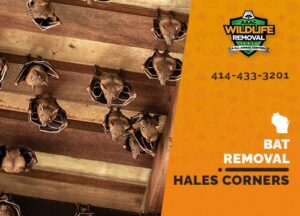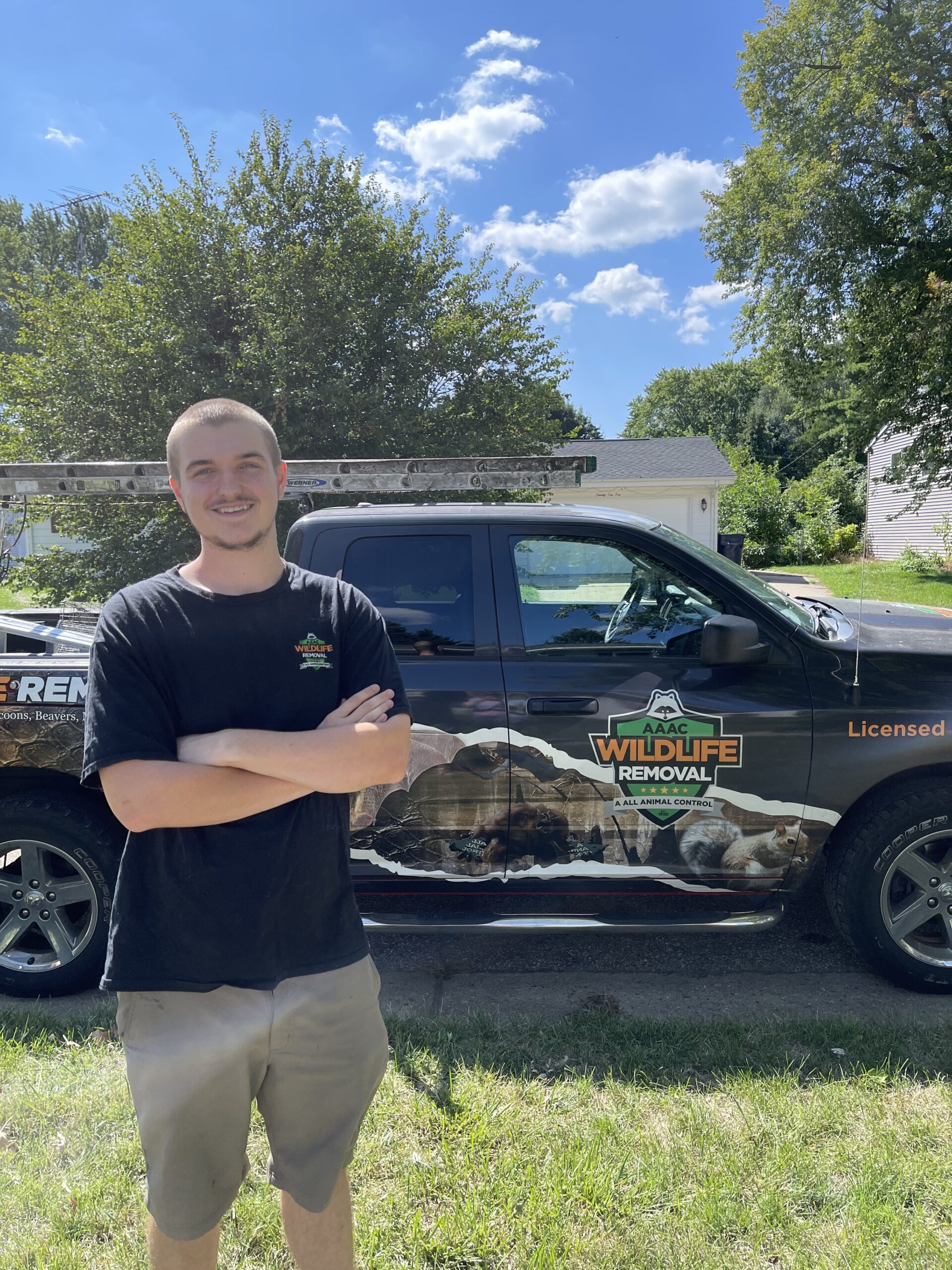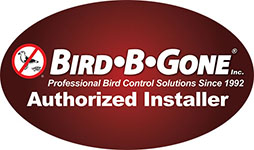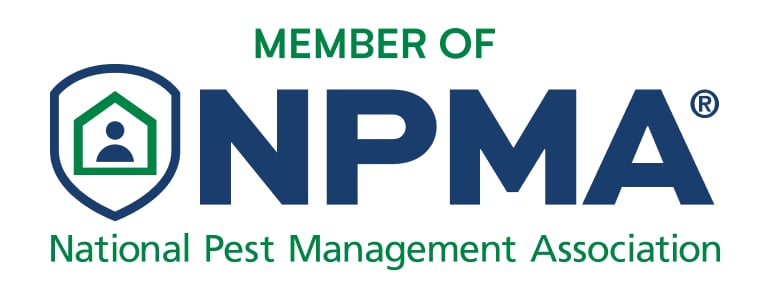Although bats can be beneficial to your local area by controlling the population of insects, they can become a problem if they start nesting in your home or business. Humans can be affected by bat guano or bat feces. They may contain fungal spores that can cause Histoplasmosis. This is a serious respiratory disease that can lead to death if it is not treated.
Bats also make constant noises and odor. It is important to address the bat colonies in your attic and other areas as soon as you can. You should use a professional bat removal service provider in Wisconsin (like us!). To handle your bat infestation problem.
AAAC Wildlife Removal has the experience and tools to safely remove bats from attics. They will also take care of your needs, from removing the pests to repairing any damage they might have done and protecting your home from further infestation. Call us today for professional bat removal services on Hales Corners, Wisconsin.
Bat Removal from Attics in Hales Corners, Wisconsin
Our humane bat removal service will keep your home free from diseases and damage caused by these animals. Exclusion, also known as “bat-proofing”, is the best option for homeowners. This involves sealing all access points with heavy-duty materials like steel or wire mesh screens that are specifically designed for bat exclusion.
Once that is done we’ll also repair the damage done to your home’s interior and exterior to make your house look as if the bats were never there.
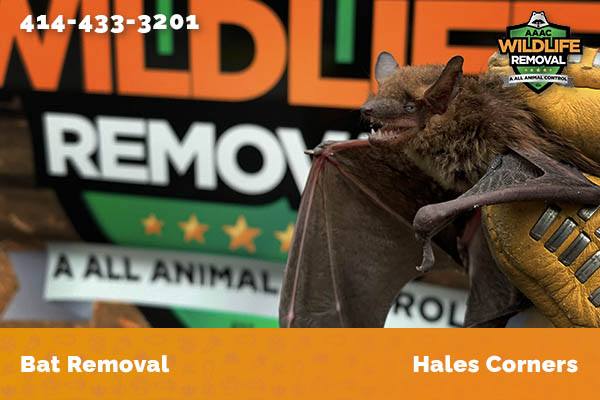
Hales Corners Bat Removal
Bats are nocturnal creatures, so you’ll likely spot them flying around your home at night. If there’s a colony living in your attic or walls and leaving droppings behind, it can be pretty disturbing to see them flying around your house. Plus, they carry diseases that could potentially hurt people and spread through their waste products, like bat guano.
Once you have confirmed that there is a problem with bats, it’s time for experts to help. If left untreated, these animals could cause severe damage and pose serious health risks. Bats may look harmless, but their guano is full of dangerous spores that can lead to histoplasmosis – an infection that often leads to flu-like symptoms at first with more severe respiratory issues later on down the road. If you have any questions about bat control or handling of a bat problem, contact AAAC Wildlife Removal for information and assistance.
Bat Extermination vs. Bat Removal
It can be frightening to discover bats living in your home. Your first instinct may be to call the pest control company. However, Wisconsin law prohibits killing bats. Wisconsin law protects bats. They can’t be killed unless they pose a danger to human health and safety. So, it is important that a licensed and experienced bat removal company is consulted. This will ensure that the bats are safely and humanely removed from your home.
AAAC Wildlife Removal experts will never use poisons to remove bats. We believe in safe and humane methods to remove any wildlife infestation.
Bat Damage
Bat guano or urine can damage the structure of your house. It can lead to wood rot and structural damage. It can also cause stains on ceilings and walls, which can be very unsightly. In addition, the weight of guano build-up can also cause ceiling cave-ins, which can lead to expensive repairs. This is why it’s important to deal with bat guano right away; the longer you wait, the more damage they’ll do to your home.
Bat Exclusion
Bat removal Hales Corners is best done by sealing up any entry points that bats may be using. This process is called exclusion and it ensures that no more bats will come into your home once they’ve been removed from their current roosting spots. Bat exclusion is quite a thorough process that requires an inspection of the exterior and interior areas where bats might be getting in.
These entry points may include chimneys, vents, gaps under garage doors or beneath eaves, even holes as tiny as a half-inch. After these areas have been identified by our bat specialist, we will take steps for sealing them off to prevent other bats from entering your home.
Removing Bats in the Attic
Removing bats from Hales Corners homes requires attention to detail and expertise. It’s important to know how much damage is being caused by the bats roosting in your attic and just as crucial, knowing what species of bat you’re dealing with so that you know how to safely and humanely remove them.
Our team has years of experience dealing with all sorts of wild animals, and we are fully licensed to remove bats in Hales Corners homes. Bats need to be removed by experienced professionals who know how best to handle them: they’re not like other pests that can just be swatted away or poisoned without consequence. If you’ve got a bat infestation on your hands, give AAAC Wildlife Removal a call!
This is how we handle bat exclusions:
- We spend a great deal of time identifying bat entry points and then sealing them shut
- We set up one-way doors so that bats can exit but not reenter the building
- Double check that all bats are excluded and out of your home
- We then seal all entry points with steel wool or mesh screens to prevent re-entry
- After this, we go through and do a thorough clean-up of any guano left in the attic or walls.
- Proceed with replacement of soiled insulation.
- Repair of wildlife damage, both inside and outside of the home.
First, we spend a lot of time looking for entry points to bats. To prevent future infestations, it is important to ensure that there are no other entry points. Next, you will need to install one-way doors that allow bats to exit your home but not return in. This is a humane and safe way to get rid of bats.
We then double-check that all bats are out of your home to prevent accidental contact with any bat that may have been missed. After which we seal all entry points with steel wool or mesh screens to prevent the bats from re-entering.
Next is to do a thorough clean-up using professional-grade cleaners and sanitizers for any fecal matters left behind by the bats in your home’s floor and insulation. We will go to great lengths in order to make sure your home is free from odors or guano. After the insulation is removed, it is necessary to fog with enzyme cleaner in order to disinfect every corner.
Once the attic is thoroughly cleaned and disinfected, we look at wildlife damage. We’ll fix any damage they may have done inside or outside of your home to make your house look new again.
Dangers of DIY Bat Removal
Bats are known to be carriers of deadly viruses such as rabies and leptospirosis. Their guano is also toxic and can infect humans with histoplasmosis.
Histoplasmosis, which is more common than rabies, can be fatal to bat-related diseases. It’s especially dangerous for people with compromised immune systems, such as young children, the elderly, and pregnant women. This is why it is not recommended to attempt to remove bats by yourself.
FAQs
What is guano?
Guano refers to bat droppings or feces. These droppings can cause Histoplasmosis, a disease that is caused by breathing in dried guano dust. Ceilings can be stained if bats have lived there for a while.
Is guano harmful?
Yes. Histoplasmosis disease is caused by breathing in dust that comes from dried bat feces and can be fatal if left untreated. It is not advised to remove them yourself as you could contract the disease.
Is it safe for me to remove bats?
Many people will attempt to remove these creatures by themselves out of cost. This is dangerous and dangerous. Bats can transmit rabies and other zoonotic diseases (human transferable).
It’s not worth the risk to try and remove them on your own as the health risks are too great. You must also remember that permits are required to handle these animals in any type of relocation. We highly recommend having a professional handle the job instead of attempting it yourself as the time taken is way less than medical expenses and other costs that come with contracting these diseases from bats.
Other Services in Hales Corners
Hales Corners
About Hales Corners
Hales Corners is a village in Milwaukee County, Wisconsin, United States. The population was 7,692 at the 2010 census. Wikipedia

